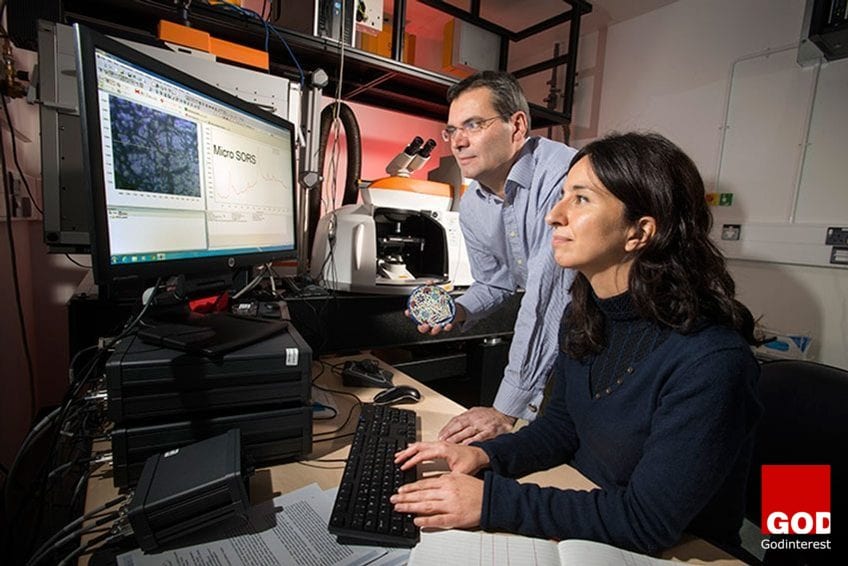There are a few who get project management right from the outset, but for many it’s a minefield. In theory, project management seems easy, but it’s not as straightforward as it seems. If you’re like the majority of people, you follow what seems like a simple project management process. You start by setting your budget, you choose the right people to join the team, and hope the project gets completed without too many hitches along the way.
But, realistically speaking, project management is nothing like this – it’s hardly ever so straightforward. Mistakes are made. You might choose the wrong people to complete the project. Your team might have no idea what’s expected of them or what the project goals are, or in some cases they might even receive conflicting information, which puts the whole project in jeopardy. Sometimes the scope of the project changes, and because of everything else that’s going on, your team is unable to fulfill the requirements and meet the project deadlines.
It happens, and you’ve got to be prepared for any situation while working together towards the common goal – successfully completing the project.
Don’t throw in the towel just yet. It might seem daunting, but there are few surefire tricks of the trade which businesses and project managers can implement to better their chances of successfully completing a project on time and within budget.
1. Know the Project Details Well
Before starting, you need to create a thorough project scope that outlines every single thing. This then needs to be approved by every stakeholder involved.
Your scope needs to have as much detail as possible such as the short-term milestones, deliverable dates, and a budget outline. It makes sense really. The more detail it includes will improve your odds when it comes to completing the project successfully.
What’s more, you’ll also improve your relationship with your client throughout the whole project process from the beginning right through to the end. Of course every project will encounter a few changes along the way – this is the norm, but having a detailed plan will help you manage your client better when something is off course.

Choose your Project Team Members and Size Wisely
2. Choose your Project Team Members and Size Wisely
Naturally, if you want your project to be a winner, you need the right people for the job, which includes having the right project manager on board. Keep your team as small as possible – size does matter; so don’t let anyone else tell you otherwise.
The smaller the team, the better the communication. It also eases the stress and takes the pressure off the project manager. With a smaller team made up of the right people, the project manager will be able to organise their group without losing sight of all the details and work that’s needed doing. So, if you really want to have an effective project, limit your group’s size and only use those people and their skills that can benefit the project.

3. Highlight your Expectations from the Outset
You need to outline what you expect and what the client expects, which includes all the milestones, from the very beginning. Setting more milestones more frequently will allow you to follow the project’s progress more effectively. This way you’ll be able to jump on things quickly when they begin to go off scope, allowing you and your team to remain on target and on time.
Setting frequent milestones in a project will also allow you to review your spending and the investment thus far, which in turn will help you stay within the budget.
Milestones remove any ambiguity. They allow people to stay on target and there’s less risk of derailing the project.
Milestone setting should be a team effort. Everyone should be on board, so there won’t be any excuses later on down the line.
4. Does your Team Know what They’re Doing?
It may sound like a given, but it’s really important to be crystal clear from the beginning regarding people’s roles in the project. In other words, you need to highlight who is responsible for what, and what their deadline or deadlines are.
Things can get complicated with many people working on the same task. Sometimes things get misinterpreted or lost in translation. Avoid anyone being confused by clearly stating who should do what right from start, and make sure you enforce accountability.
You don’t need to worry about manually managing such tasks, as there are plenty of easy-to-use online task management programmes that can do this for you, so embrace technology and ease your pressure.
You may think it’s a waste of time spelling it all out, but this ensures that the full scope of the project is understood, people are clear of their role and individual and collaborative timelines. This is the key to keeping people on task and motivated.
5. Stop Micromanaging
It’s important to constantly touch base with your team members. However, there’s a fine line between supporting them and breathing down their necks. Give them space instead of micromanaging. Empower your team, trust them, and you’ll get their best work.
6. Use a Reliable System to Manage the Project
Communication is key. Most people rely on emailing, but when it comes to managing a big project with a number of different people working on it, this can hinder the project’s progress. Constantly referring back to old emails and previous correspondence is only going to waste precious time. Use software that keeps everything in one place from communication to any project information and updates. This will save you and your team a lot of time and money.

Motivate your Team
7. Motivate your Team
Everyone works better with positive reinforcement. Set milestones and reward when they’re reached. Your milestones will keep all people on track. Celebrate milestones together, but be sure to also recognise those who can’t meet them.
8. Frequent Short Meets to Stay on Track

It’s a project with many people collaborating, so holding regular meetings is a must. This is the only way to ensure that everyone and the project are on track. But you need to keep it short and sweet. Don’t meet for the sake of meeting. Have an agenda and stick to it. If you’re doing your project virtually, it’s even more important to touch base on a regular basis, so keep those communication lines open.
People do tend to go on at times when given the floor, so give everyone a set time to speak and make sure you all stick to it.
9. Allow Time for Change

No project ever runs 100% smoothly and specifications do change along the way. So to avoid the unnecessary stress and running around frantically, do some forward thinking, and set aside a certain amount of time for any changes in the scope – you’ll thank yourself for doing so in the end!





















